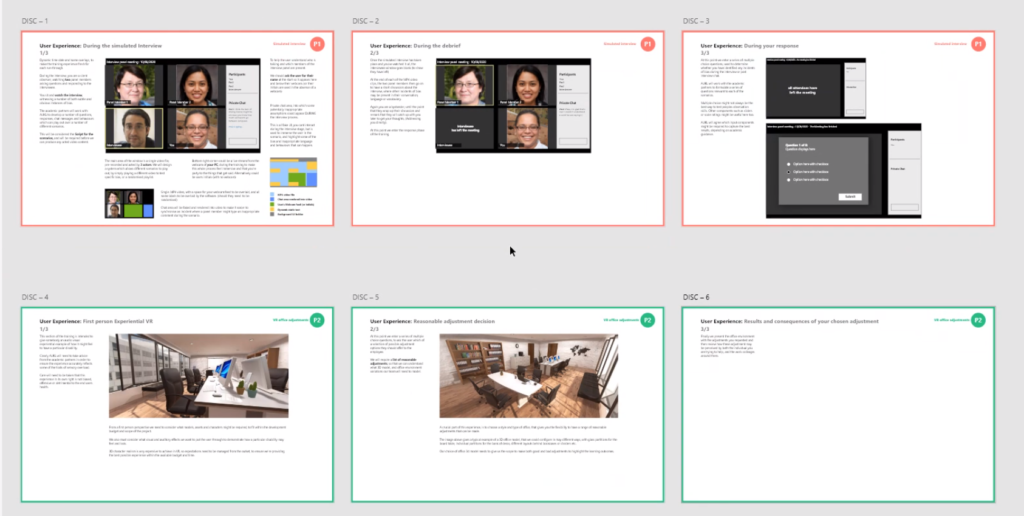DISC has the central aim of improving disability inclusive practices, initially in our host institutions of Heriot-Watt University and the University of Edinburgh, and widening beyond to other universities. A feature of this will be the delivery of tailored organisational training to increase research leaders’ disability literacy.
There are lots of challenges when designing training. Some of these relate to concerns about the efficacy of training as a way of altering both individual and organisational practice, and others relate to uptake: how you ensure that the right people are accessing the training.
We have thought carefully how to best respond to these challenges. Led by organisational champions for DISC, both institutions have demonstrated a commitment, at senior levels, to fostering disability inclusion for disabled academics In that respect, to some extent we can be confident that research leaders and those in senior management positions (and therefore in roles where it is possible to enact change) will access our training: our host institutions committed to university executive members engaging with project outputs as part of the application. Consequently, addressing how to ensure the training is effective has been our main priority.
There are a combination of ways to make training effective. These include allowing attendee creativity, providing space for attendees to be challenged whilst feeling comfortable, avoiding overcomplicating or oversimplifying content and ensuring that attendees remain interested. We are drawing on the data we have collected and the combined expertise of our user led research team, training experts and Animmersion – a company that specialises in virtual and augmented reality, to ensure our training meets these requirements.
The DISC training can be divided into three separate elements. This serves practical purposes: some of the training will be delivered online due to Covid-19 or delivered over different days for attendees unable to attend a full days training. The first element sets the groundwork, providing a foundation on which attendees can build their understanding during the additional two elements. This first element will set out definitions of disability, responsibilities under the Equality Act 2010 and will lead to the second discussion based element. Using data-led examples, workshops will explore the experiences of disabled academics, including the consequences of managerial decision-making. The third element is the most innovative as we are developing training software which includes an immersive virtual reality activity.
Using data-led immersive technology offers more than a memorable or novelty training experience. It offers a combination of experiences that trainer to trainee cannot offer. The experience is more personal to the participant, taking full concentration and requiring critical thought. We are developing two scenarios in which the trainee will take an active role, problem solving important access problems for disabled colleagues: one around job interviews, and the second about work environment organisation. It is important to us that the training does not attempt to replicate impairment effect or focus on specific conditions, but instead highlights the central role of managers in making academic workplaces more inclusive.
Working with software developers has been an interesting process. We use different language, and have definitely already been learning from each other, for example, the VR developers have expressed considerable interest in disability, while we have learned about script writing and. The development process will be iterative as we shape the training scenarios, and wider training package with feedback from the wider team and returning to our data. Hopefully, subject to evaluation, development and consequences of the current global pandemic, our training should become available to a wider audience in 2021.

